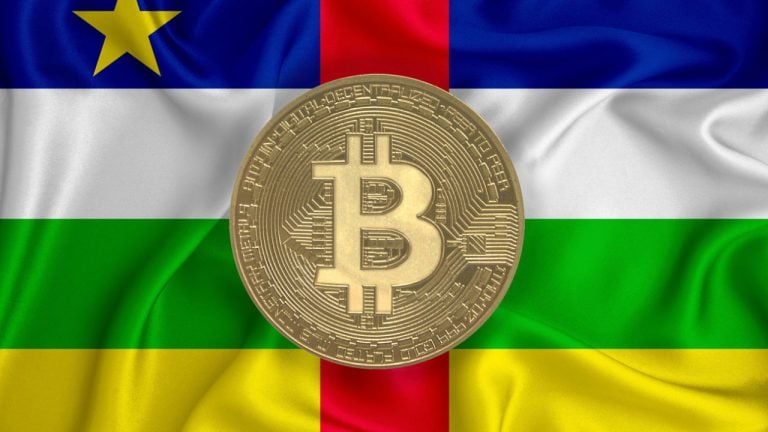
Asset tokenization has been in the works for a year. The ambitious project has also included investor citizenship and an island in the metaverse.
The Central African Republic (CAR) has extended its Sango blockchain project to tokenization of its land and natural resources. The country, one of the poorest and most crypto-friendly in the world, is one of the most active in crypto innovation.
According to an announcement posted on X (formerly known as Twitter), the CAR National Assembly passed a law on tokenizing land and natural resources on July 24. Among other provisions of the law, it will make it possible to obtain business visas online and allow citizens and foreigners to set up businesses “easily” and obtain licensing in real estate, agriculture, natural resource exploitation and forestry. The statement said the law was "unanimously approved."
The CAR had announced its intentions to tokenize its natural resources last year, not long after the launch of Project Sango in May 2022. The Sango Project also called for the creation of its own Crypto Island Metaverse.
Related: Commodity tokenization is the economic aid Africa needs
The CAR’s efforts to position itself in the vanguard of crypto adoption has faced significant obstacles. The CAR was the first country in Africa, and second country worldwide, to adopt Bitcoin (BTC) as a national currency in April 2022. It reportedly repealed its status in May of this year. The country also launched its own cryptocurrency, the Sango in an effort to displace the CFA (Financial Community of Africa) franc. The Sango was not intended to be a central bank digital currency.

The Sango faced several obstacles before its launch, including the rejection of the Sango-linked citizenship program by the Constitutional Court. Nonetheless, the citizenship program, which costs $60,000 in Sango, remains on offer on the Sango Project website. The country is also considering the introduction of other cryptocurrencies.
The International Monetary Fund, which opposed the CAR’s adoption of Bitcoin, estimates the country’s GDP growth at 2.2% this year.
The SANGO Project's Next Chapter
— Sango (@sangoproject) August 21, 2023
Exciting news! The Central African Republic is ushering in a new era of #financial empowerment through #blockchain technology.
Guided by the visionary leadership of President Professor @FA_Touadera , we're ready to make a global impact. pic.twitter.com/m1jYjsvc0q
Magazine: Bitcoin in Senegal: Why is this African country using BTC?










